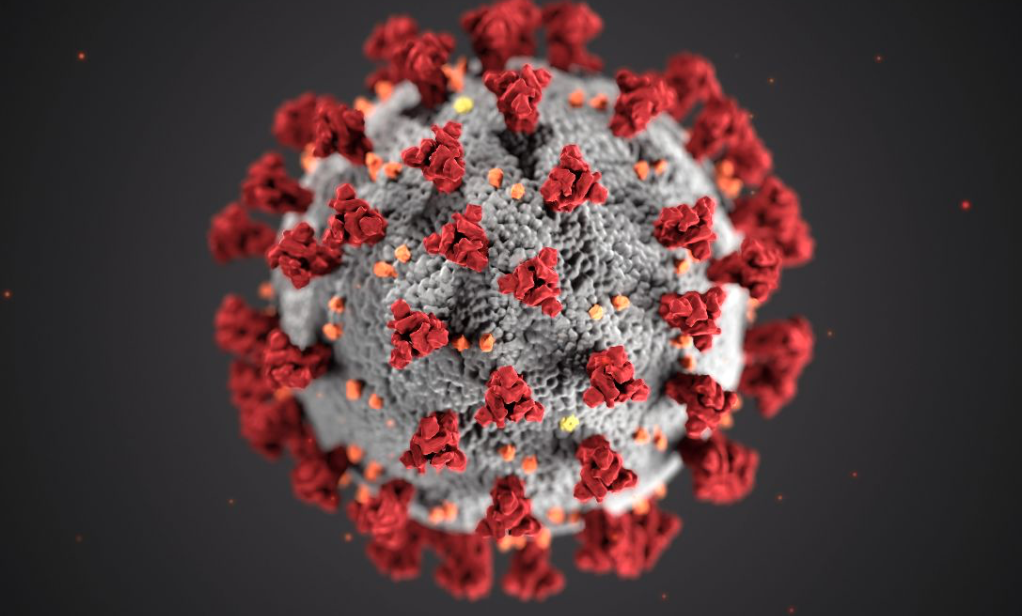 Yes, we should worry. The aroma of savory food is one of life’s great pleasures. The perception of foul odors can protect us from eating or breathing-in something harmful. However, those are not the main reasons for raising concerns over the loss of the sense of smell, or the sense of taste. They are indicators of a far more serious danger.
Yes, we should worry. The aroma of savory food is one of life’s great pleasures. The perception of foul odors can protect us from eating or breathing-in something harmful. However, those are not the main reasons for raising concerns over the loss of the sense of smell, or the sense of taste. They are indicators of a far more serious danger.
How does the sense of smell work? In the upper region of the nasal cavity, the olfactory mucosa contains several things, including the axons of the olfactory neurons. Those axons act as a superhighway to the portion of the brain that processes odor information. Similarly, cranial nerves carry taste information from the taste buds on the tongue to the medulla oblongata in the brain, where this information is combined with the odor information that arrived from the olfactory mucosa to give you a more complete experience of what you are tasting.
If you lose the sense of smell or the sense of taste, or both, what does that tell you? It tells you that something has gone wrong with the pathway between your sense organs and your brain. Sense organs such as your olfactory mucosa, your taste buds, and your eyes are all directly connected to your brain. They are the primary portals through which the SARS-CoV-2 virus enters your body. That is why disease experts tell us not to rub our eyes, and to wear a mask over our nose and mouth.
 We hear a lot about the damage Covid-19 does to people with pre-existing conditions, such as heart failure, chronic kidney disease, obesity, and high blood pressure. What has just recently become clear is that SARS-CoV-2 virus particles also use the pathways from the eyes, nose, and mouth to invade the brain. A recent study in the respected journal Nature Neuroscience describes the results of autopsies of 33 people who died of Covid-19. The findings of the researchers give us one more thing to worry about, with respect to Covid-19. We need to worry about our brains. SARS-CoV-2 virus RNA was found in several brain regions in the course of the autopsies.
We hear a lot about the damage Covid-19 does to people with pre-existing conditions, such as heart failure, chronic kidney disease, obesity, and high blood pressure. What has just recently become clear is that SARS-CoV-2 virus particles also use the pathways from the eyes, nose, and mouth to invade the brain. A recent study in the respected journal Nature Neuroscience describes the results of autopsies of 33 people who died of Covid-19. The findings of the researchers give us one more thing to worry about, with respect to Covid-19. We need to worry about our brains. SARS-CoV-2 virus RNA was found in several brain regions in the course of the autopsies.
Unsurprisingly, the higher the viral load in a patient, the shorter the interval between initial diagnosis and death. In the study, that interval ranged from 4 days in the case of the sickest person to 79 days in the case of the person who held out the longest. Neurological symptoms that patients experienced in addition to the loss of smell and taste included:
- Impaired consciousness
- Intraventricular hemorrhage
- Headache
- Behavioral changes
- Acute cerebral ischemia
None of these symptoms are things that would be fun to have. Even if you survive the acute phase of the Covid-19 disease, and all these potential pathologies, it will be no fun to be a “long hauler” with the fatigue and other symptoms that go with that.
Here’s the main point: Don’t contract Covid-19. You might get a light case, with none of the chronic sequelae that can occur. On the other hand, you might have chronic problems for the rest of your life, which might be significantly shorter than it otherwise would have been.
Do what you have to do, but I’ll tell you what I’m doing. I’m acting as if I’m in a hard lockdown until I receive a Covid-19 vaccine and have given it enough time to raise a full protective effect.
BIO:
Allen G. Taylor is a 40-year veteran of the computer industry and the author of over 40 books, including Develop Microsoft HoloLens Apps Now, Get Fit with Apple Watch, Cruise for Free, SQL For Dummies, 9th Edition, Crystal Reports 2008 For Dummies, Database Development For Dummies, Access Power Programming with VBA, and SQL All-In-One For Dummies, Third Edition. He lectures internationally on astronomy, databases, innovation, and entrepreneurship. He also teaches database development and Crystal Reports through a leading online education provider. For the latest news on Allen’s activities, check out his blog at wwwallengtaylor.com or contact him at allen.taylor@ieee.org.